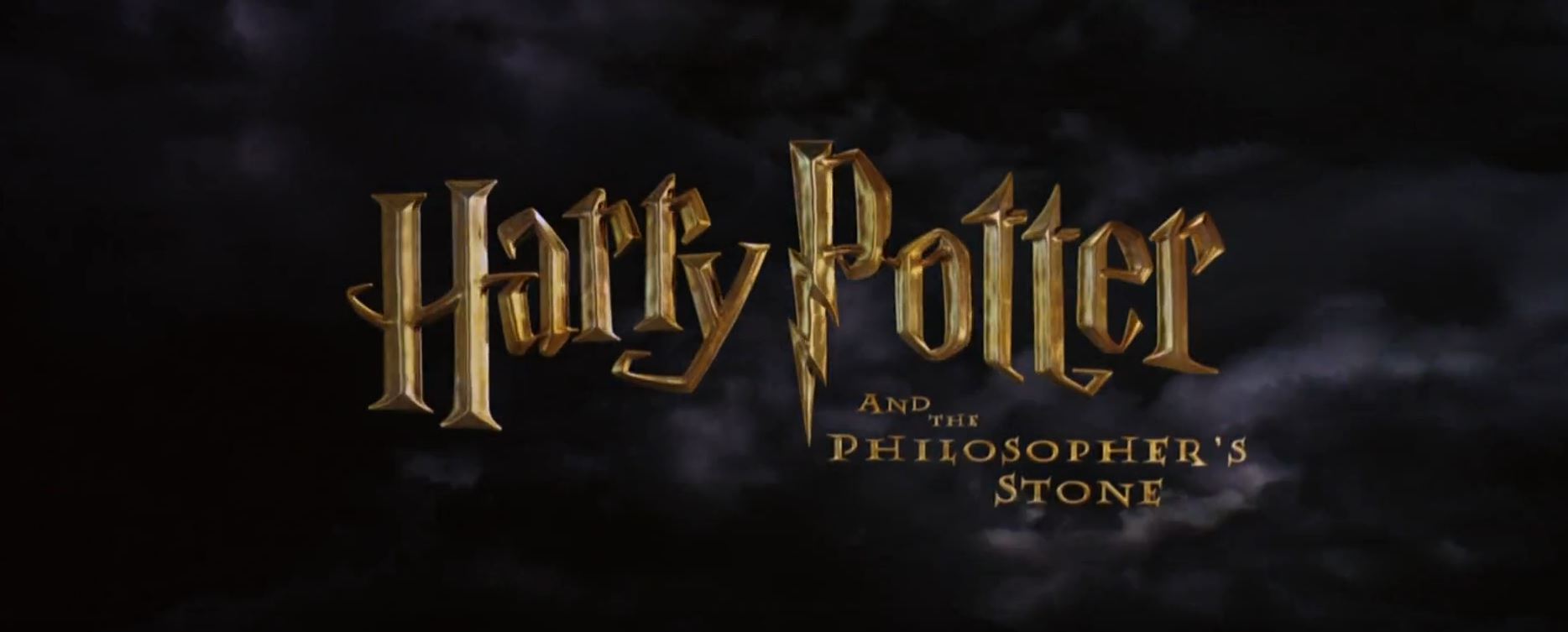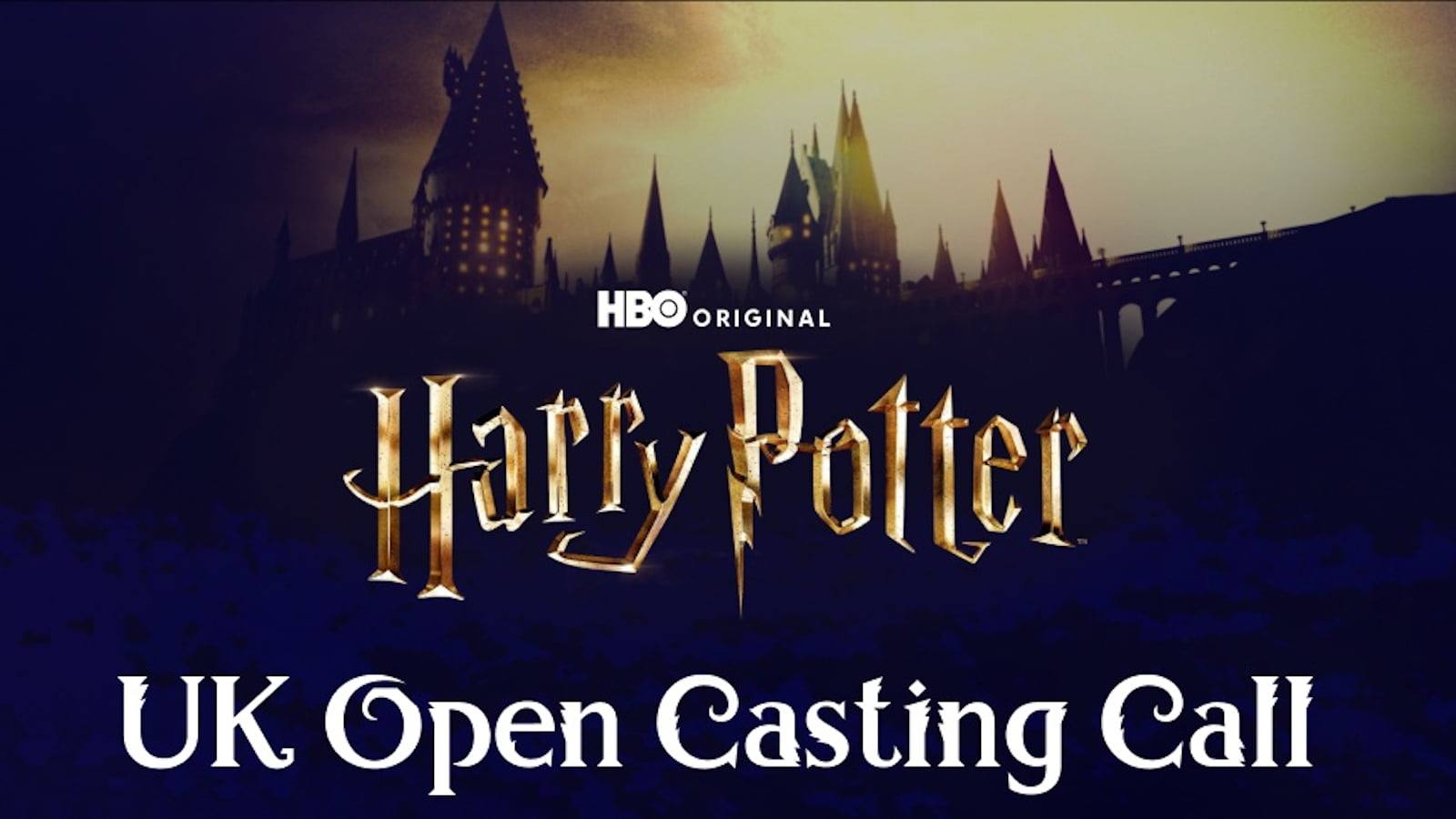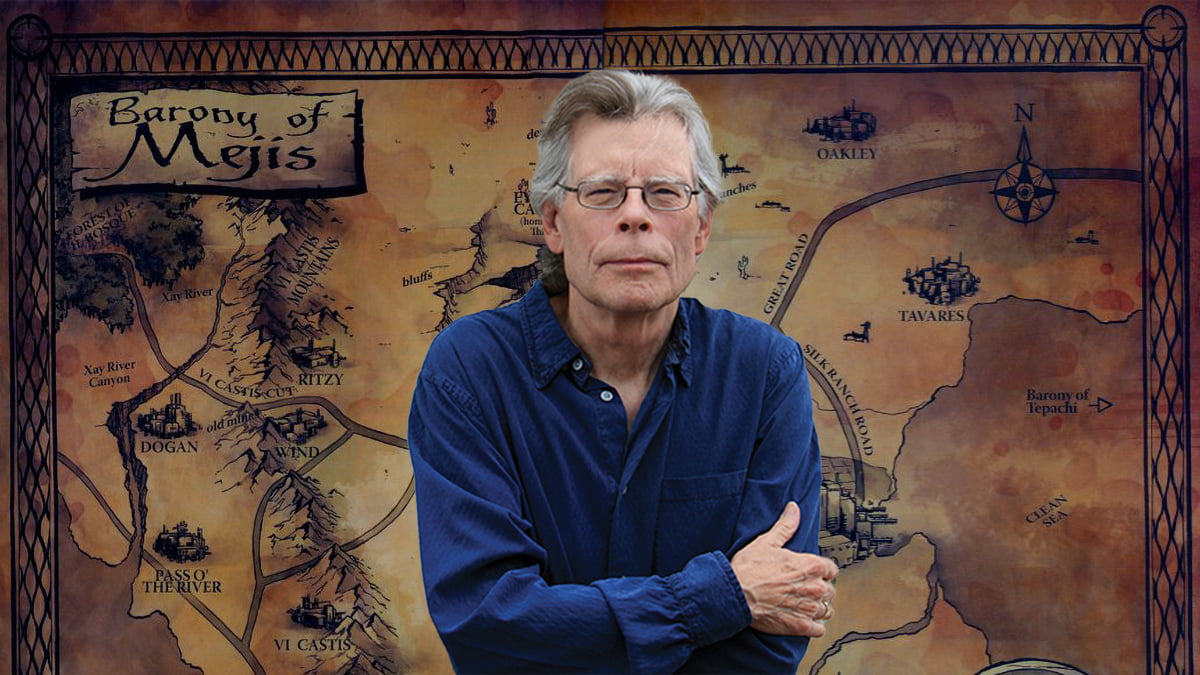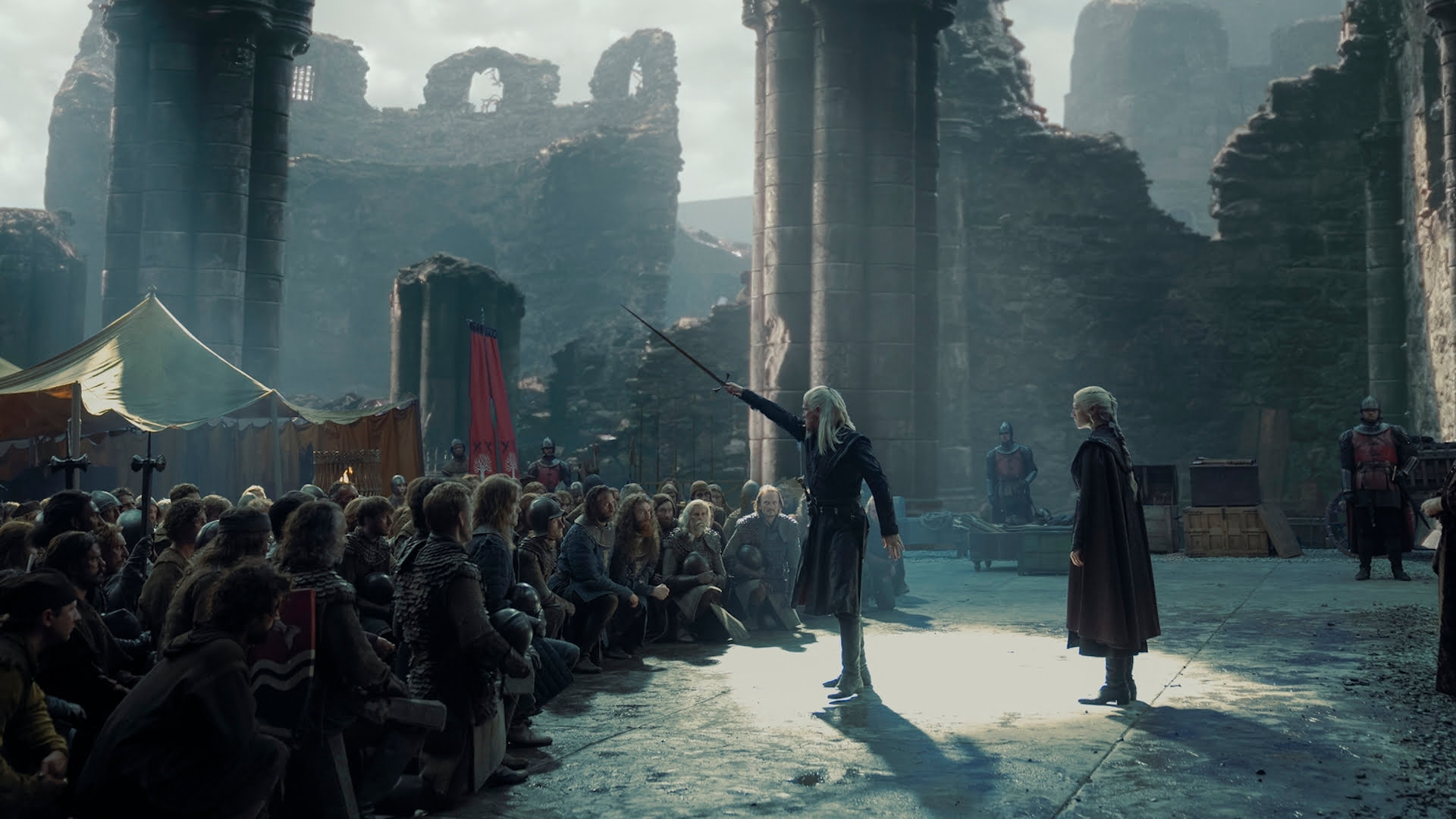by Petréa Mitchell, editor of The Akashic Record
Interaction, this year’s World Science Fiction Convention, staged a debate on the merits of Harry Potter as one of its program items. The debate occurred at 11am on Saturday, August 6th, between the following participants:
Arguing the case for: Jane Yolen, author of hundreds of children’s books, and a guest of honor at this convention; and Sharyn November, an editor for Penguin
Arguing against: Elizabeth Wein, YA author; and Julie Bertagna, Scottish children’s author, and writer of a recent review (not availabled online) of Harry Potter and the Half-Blood Prince
Moderator: Graham Sleight, reviewer, essayist, and so forth
The audience: A few hundred science fiction and fantasy fans, a small percentage of the total attendance at the convention, but a terrific turnout considering there were at least a dozen other things going on at the same time. Unfortunately, instead of being phrased in the form of a question, the title of the debate as listed in the program book as “Harry Potter Has Set Children’s Fantasy Back 50 Years”, leading to an expectation that it would be a Harry Potter-bashing session, and an audience heavily skewed toward Potter-haters.
For those looking for a juicy report about authors tearing into each other, I’ll point out now that the debate was completely civil, and, as you’ll see below, the For and Against camps actually agreed on a lot.
To start, the moderator asked Jane Yolen what her objection to Harry Potter is. She answered, “Adverbs!” and went on to complain that Rowling’s prose is terrible. She jokingly commented that she plans to write an entire book composed of adverbs. She’s tired of seeing people saying, “Well, the books aren’t well written, but…” She’d like to see the level of attention Rowling gets given to an author who does, in her opinion, write lovely prose, like Diana Wynne-Jones or Philip Pullman. She also said that the Potter books are very derivative, that many people have written essentially the same story, including herself eight years ago. (This would be her book Wizard’s Hall.)
The moderator asked if perhaps being derivative is the reason the books are so popular. Yolen said yes, and also noted that many, many books are derivative, but that lots of them are better than Harry Potter.
Sharyn November said that her objection was that the Harry Potter phenomenon is not about the books anymore, but a social thing about being part of a huge release, like a Star Wars movie. She said she’s happy that it’s helped raise the profile of other children’s authors, but she feels that the Potter books are like Roald Dahl crossed with Diana Wynne-Jones and half as good as either.
Julie Bertagna began her remarks by talking about the reviewing experience. She whisked away in a van to an undisclosed location and had to read Half-Blood Prince in one gulp. She feels this leads to the books getting worse reviews than they would with the usual review procedure.
Bertagna feels that a big reason children like Harry Potter is that Rowling writes in a voice that they respond well to. As for derivativeness, everything is derivative of something. The reason she thinks adults were drawn into the series is the Cinderella story of a single mother on welfare writing a book that made her rich and singlehandedly rescued the Bloomsbury children’s department, which was on the verge of shutting down.
Yolen said that she is on a couple of e-mailing lists for academics studying children’s literature. She’s upset that every time a new Potter book comes out, these lists are flooded with messages from people who would normally take a critical stance going gaga over it. She just reads the spoilers and deletes everything else. She asked if anyone in the audience had not yet read the sixth book, and about half those present raised their hands. She offered to tell everyone who dies, but at the reaction from the audience said she would just tell anyone who came up and asked her after the debate. She brandished an article from The Independent titled, “Can no one criticise JK Rowling?”. (The story is not available online. It’s an opinion piece about Terry Pratchett’s recent remarks, and how anyone who says anything negative is automatically charged with being jealous of Rowling since they aren’t as rich as her, ergo, no one can criticize her. I have to say that in the forums I checked, a slight majority of comments on Pratchett’s remarks came from people who had figured out he was upset at the journalist, not Rowling. As fan reactions to the object of their admiration being allegedly attacked go, it was really pretty mild.) She stated that bad writing drives out good writing.
November asked in exasperation, “Who cares if Harry Potter dies?” Look at an adult bestseller list, she said, and the common denominator is that the books are no good, but then she named some exceptions. She said a similar thing is happening with children’s bestseller lists, which have been traditionally been topped by good books, although Goosebumps is an exception. But she added that it’s great that all of Diana Wynne-Jones’s books are back in print, which is probably due to the influence of Harry Potter.
Bertagna picked that up and emphasized that Rowling’s success has transformed children’s fantasy from a backwater to something that authors can actually make a living at. November agreed it has had a huge positive influence on the ability of the genre to sell. She said that, like adult books, children’s books tend to be divided between Literature and what everyone actually reads.
Yolen said that this brings in unrealistic expectations about how well a book can do. Philip Pullman and Lemony Snicket have also contributed to this. Also Christopher Paolini, who sent his manuscript of Eragon to her. She thought it was pretty good work, for a 15-year-old. She noted that a 15-year-old who gets his manuscript printed up by parents who are printers and takes it around to schools until he generates enough interest to be signed by a major publisher makes a compelling backstory too. Bertagna said that now publishers’ marketing departments want a hook like this for every book.
November asked how many literary prodigies ever have successful careers as adults, and answered that almost none do. She’s curious whether Rowling will ever write anything after Harry Potter. She said that she would never, ever, publish a manuscript written by a 15-year-old. She’s also tired of people sending in manuscripts which are Harry Potter clones. She doesn’t want to buy a Harry Potter clone. She wants to buy the next big thing.
Yolen allowed as how, thanks to the recent big successes but in particular because of the Lemony Snicket books, publishers are rediscovering the art of making books into beautiful objects.
November said that every child needs to read, and that anything that gets them reading is a good thing, but she doesn’t like “concept books” like the Snicket or Potter series, where the whole series is planned in advance to a gimmick like there being exactly 13 books, or one book for each school year.
The moderator took a question from the audience, which actually was a statement that the audience member thought Philosopher’s Stone had captured the imagination of children.
Yolen said that Rowling can tell a story well, just that it’s not an original one. Yolen was a sub-editor on Charlie and the Chocolate Factory, and thinks Honeydukes is working from the same list of sweets. So, for that matter, was Chitty Chitty Bang Bang. There seems to be a collective British memory of a certain group of candies.
Bertagna said that this and other common features in British children’s fantasy seem to be drawn from a world set in the 1950s. “Aha”, said the moderator, “so that’s how Harry Potter has set children’s fantasy back 50 years!” Laughter from all sides. Bertagna said she thinks part of the appeal to adults is that the books talk to an adult’s feeling of being childlike, not in control of their world.
The moderator commented that Harry Potter lives in an essentially elitist world. The Muggle-lovers are just window-dressing because the books are all about the special people.
Yolen said that no one remembers the bestsellers of 50 years ago now, and asked if anyone would remember Harry Potter in 50 years. She said she objected that all the adults in the books were stupid, especially Dumbledore, for letting a school stay open when there was a crazed maniac running around trying to kill the kids. (I think she meant Sirius, since she’s only read the first three books, but the moderator thought she meant Voldemort.)
The moderator noted that Dumbledore is a powerful wizard, and the only one that Voldemort is afraid of. Yolen said it didn’t matter, he was still stupid for keeping the school open, and the wizard government is stupid for not forcing the school to shut down.
Another question from the audience: This person had read one-third of Philosopher’s Stone before throwing it away, and wondered if throwing the kind of money that gets spent on the Harry Potter publicity budget at some other, better, writer would make them as popular.
Wein responded, “Try it!” She then said that the first book (she read the UK edition) had been poorly edited– misspellings of common words and suchlike. Bertagna said she feels the editing has gotten worse over the course of the series (again, the UK edition).
Yolen said Scholastic had laid off 400 people because the fourth or fifth book had been two and a half years late. At this point I raised my hand and waved frantically. When the moderator called on me, I said there had been no deadline for the fifth book because Rowling had half killed herself to get Goblet of Fire done in a year. Yolen said okay, but Scholastic had counted on the fifth book following the fourth in the next year, and, because that revenue hadn’t shown up, had laid off 400 people, including her editor there.
Bertagna said that she thinks the plot is diluted by the length of the series, and a 4-book series would have been a lot better.
Yolen brought up the Oz books, which also got lots of children reading, and which she loved as a child. Now, coming back to them to read them to her 8-year-old granddaughter, she thinks they’re badly written, but her granddaughter can’t wait for the next chapter. Wein said that she thought she would have absolutely adored the Harry Potter series if she had encountered it at the age of 11.
By this time the gofers from Programming were holding up the “STOP” sign to indicate time had run out, so the debate concluded there.






